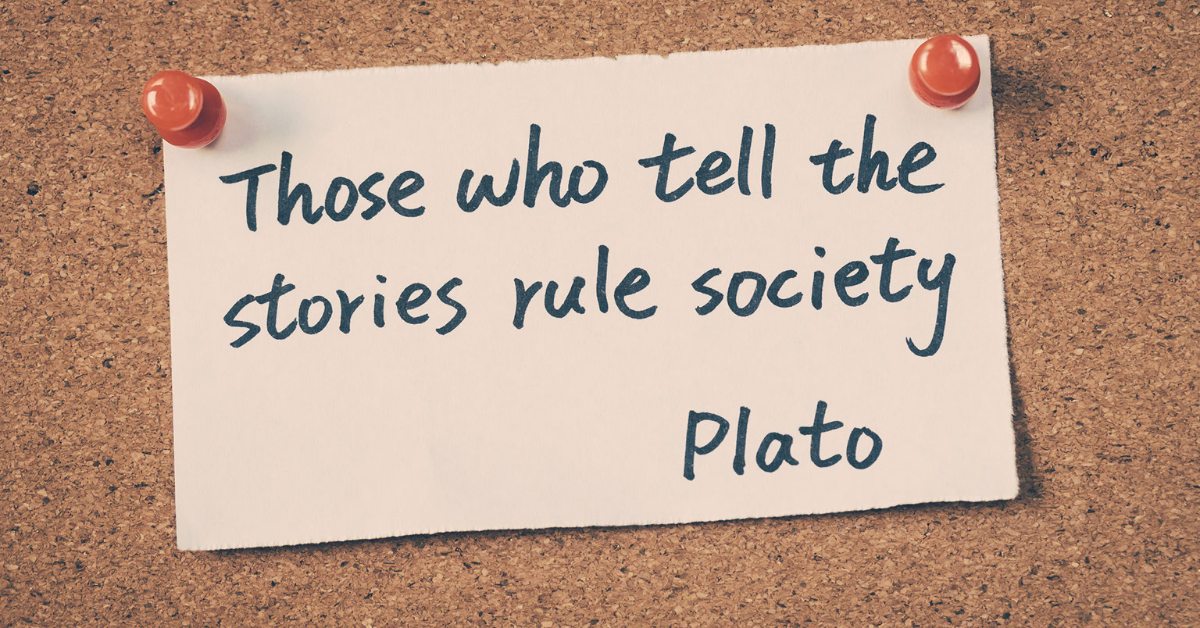|
There’s a new sheriff in cyberspace, promising to rid our search results of low-quality content designed with one thing in mind: gaming the SEO ranking system. That’s right, y’all. Google’s coming for the SEO content mills of the internet and soon. Google’s been known to change its algorithm more than most of us change our underwear. It can be frustrating for SEO content pros to keep up with all the requirements for getting their clients’ content found online. One thing I’ve always hated about Google’s algorithm was its partiality to SEO keywords. You’re probably thinking about how weird that declaration is coming from an SEO content expert. Let me explain. When you write content for search engines like Google instead of for readers, you end up with a bunch of keyword-stuffed gobbledygook. I’ve fought it kicking and screaming for the last 25 years because I know it’s a recipe for inferior content. What’s the Google helpful content update?Google has finally realized the error of its ways with the forthcoming launch of what it’s dubbed the helpful content update. I nearly spit out my tea when I saw Google’s official press release on the update, using the description “focus on people-first content.” I’ve always put people first and search engines second in my content. Heck, my business motto is “People First. SEO Second” for good reason. It’s my mission in life to help your target audience do more than just find your brand online. I want them to discover value-added content that’s engaging and solves problems. That’s how you build brand loyalists. For those who don't live and breathe all things SEO, Google’s update finds websites with high volumes of content that were specifically written for Search Engines and not people. When it finds them, it's not going to treat them favorably. If you paid a content mill to produce mass quantities of SEO keyword-stuff content that otherwise is of poor quality, Google is about to ruin your day. Enjoy your page ranking now because it’s going to drop in a hurry when the changes become effective. What the heck is a content mill?A content mill is a service that produces subpar content. Sadly, there are quite a few of them operating globally. You’ve probably come across their ads that make bold claims like “Content that ranks for just $25!” Business owners trying to stick to a budget easily are swayed by those kinds of promises but soon come to regret falling for them. Content mills never add value to your brand. They may get you on the first page of search results, but they aren’t going to help you achieve sustainable growth because their content creators often use bad SEO practices. Keyword stuffing is one of the go-to strategies content mills use. Google used to reward websites that engaged in this Black Hat SEO technique. Not anymore. Choosing to rank sites with content that keyword-stuffed SEO terms for the sole purpose of driving traffic to a page caused a much greater problem than even Google probably anticipated. It led to an internet full of poorly-written content that didn’t provide any value to readers. Content mills thrived under that system, promising SEO content that ranked by drafting 600-word articles that contained plenty of SEO keywords but no real insights. How do you write for people first?Writing for people first isn’t as difficult as you might imagine. It comes down to basic storytelling 101. Depending on the content you’re creating, you can use one of four storytelling formulas.
Focus on user intentStorytelling builds a firm foundation for your content, ensuring it’s serving your readers first. Examining user intent perfects it for search engines during the second stage of creation. There are three types of user intent: informational, navigational, and transactions.
How do you find people-first content creators?People-first content creators are rare (at least right now). Those of us who understand the value of storytelling and connecting with your target audience are unicorns for sure. But we do exist, and you must ask the right questions to pick us out in the crowded field of content creators. Here are two important questions you can drop to make sure you’re not about to hire a pimped-out content mill. 1. How much do you charge for content? If you get an answer of $15 to $25 for 800 words, you’re talking to a content mill agency or provider. When writers are paid so little to create content, they tend to cut corners. You’ll end up with poorly-written content that doesn’t engage or connect your readers with your brand. 2. Do you interview subject experts? Content that doesn’t include extensive research or subject matter expert interviews is typical of a content mill. They instruct their writers to find similar pieces of content online and spin them into a new piece. Writers that aren’t great at this tactic often end up plagiarizing someone else’s content, which can spell bad news for your brand.When in doubt, ask to see samples of their previous work. If it looks and sounds just like everything else you’ve seen online about the topic, it’s content mill work. A final warning about content creationIf you're resisting a content strategy that provides value-added content for your readers, you need to rethink your plans and fast. Panicking because you're not sure what to do? Contact me today and we can have a chat about the best approach for your brand.
0 Comments
Your comment will be posted after it is approved.
Leave a Reply. |
Categories
All
Archives
April 2024
|




